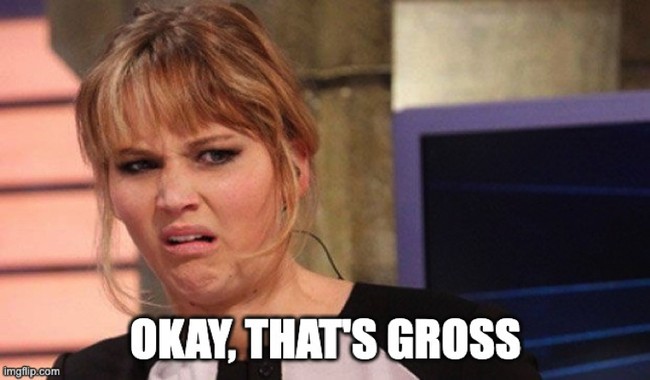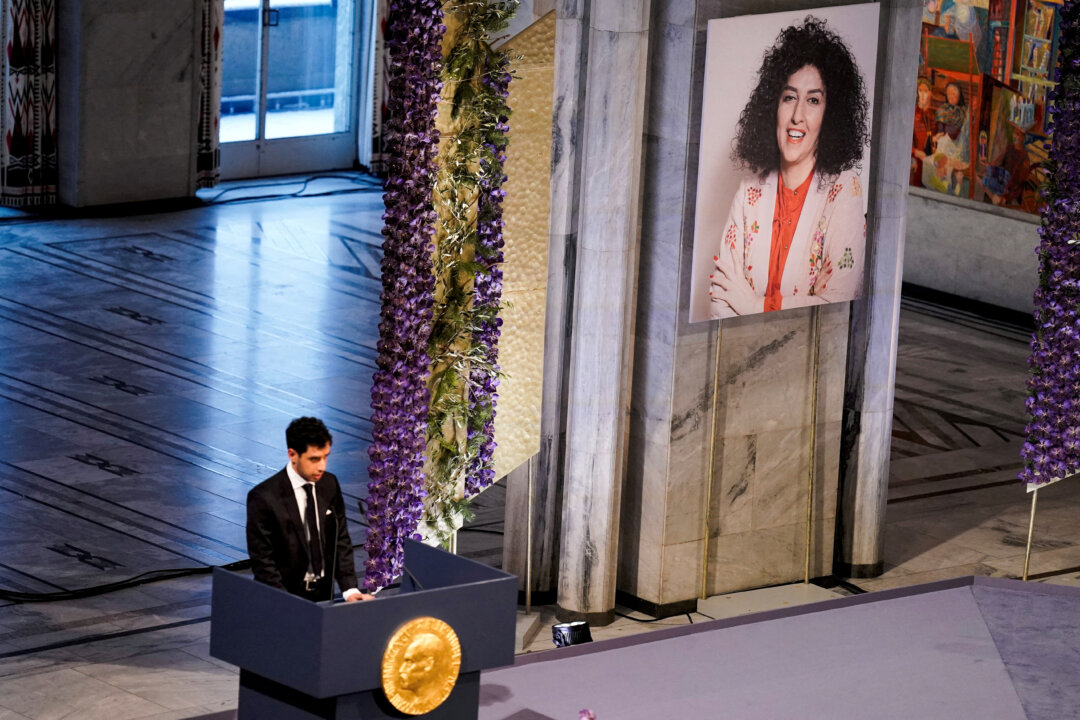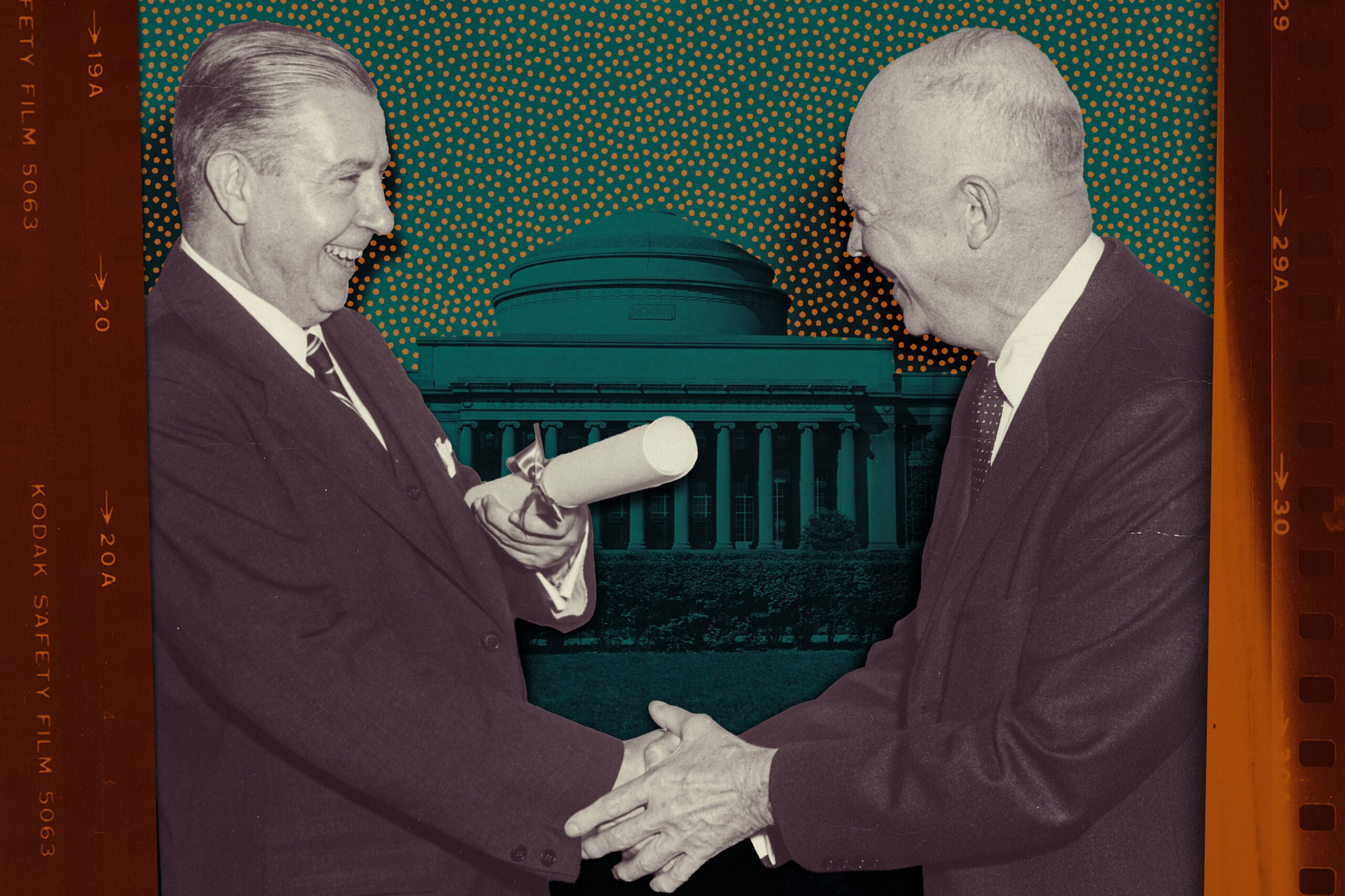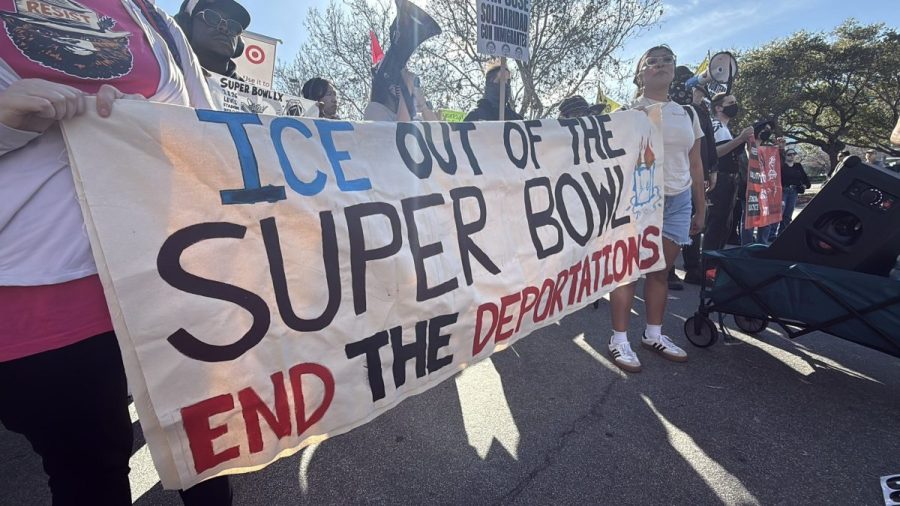The race for governor in Georgia has gained significant momentum following the entry of two prominent figures from the 2020 election. Former Lt. Governor Geoff Duncan, now running as a Democrat, has joined forces with current Secretary of State Brad Raffensperger, who remains aligned with the Republican Party. Their shared backgrounds in the northern suburbs of Atlanta and a mutual rejection of Donald Trump’s claims of election fraud underscore a compelling dynamic in this election cycle.
Both Duncan and Raffensperger are well-known in Georgia politics. Duncan’s shift from a once-prominent Republican figure to a Democratic candidate has surprised many. He previously held a strong position in the GOP, advocating for traditional conservative values. His decision to run as a Democrat reflects a significant shift in his political stance, likely influenced by the current political climate and his experiences during the 2020 election.
Raffensperger, on the other hand, has maintained his Republican affiliation. As Secretary of State, he gained national attention for his role in overseeing the 2020 election, where he resisted pressure to overturn the results. His commitment to upholding election integrity has positioned him as a key figure in the ongoing discourse surrounding electoral processes in the United States.
Impact of the 2020 Election on Current Campaigns
The shadow of the 2020 election looms large over Georgia’s political landscape. The state has become a focal point for national politics, particularly after its pivotal role in the presidential election and the subsequent Senate races. With both Duncan and Raffensperger rejecting Trump’s narrative, they represent a faction of the Republican Party that is distancing itself from the former president’s influence.
Their campaigns are not solely about party affiliation; they also reflect a broader sentiment among voters who are seeking candidates that prioritize integrity and transparency. Polling data indicates a growing divide within the Republican voter base, particularly among those who support traditional conservative values over the more extreme positions associated with Trump.
The race is expected to draw significant attention and resources, with both candidates likely to face challenges from within their respective parties. The Democratic Party aims to capitalize on Duncan’s appeal to moderate voters, while the Republican Party must navigate the complexities of its identity in a post-Trump era, particularly with Raffensperger at the helm of a campaign likely focused on election security and civic duty.
What Lies Ahead for Georgia’s Voters
As the election date approaches, Georgia voters will be closely watching the developments in this contentious race. The dynamics between Duncan and Raffensperger could influence voter turnout and party loyalty, especially in historically competitive districts.
With the primary elections set for May 2024, both candidates are ramping up their efforts to connect with constituents. Fundraising events, town hall meetings, and community outreach will be vital in shaping their campaigns and addressing the concerns of voters.
The outcome of this governor race could set the tone for future elections in Georgia and beyond. As the nation grapples with questions of electoral integrity and democratic values, the decisions made by Georgia voters will resonate far beyond the state’s borders. The 2020 election’s legacy continues to shape political narratives, making this upcoming race not just a local contest but a significant chapter in the ongoing story of American democracy.







